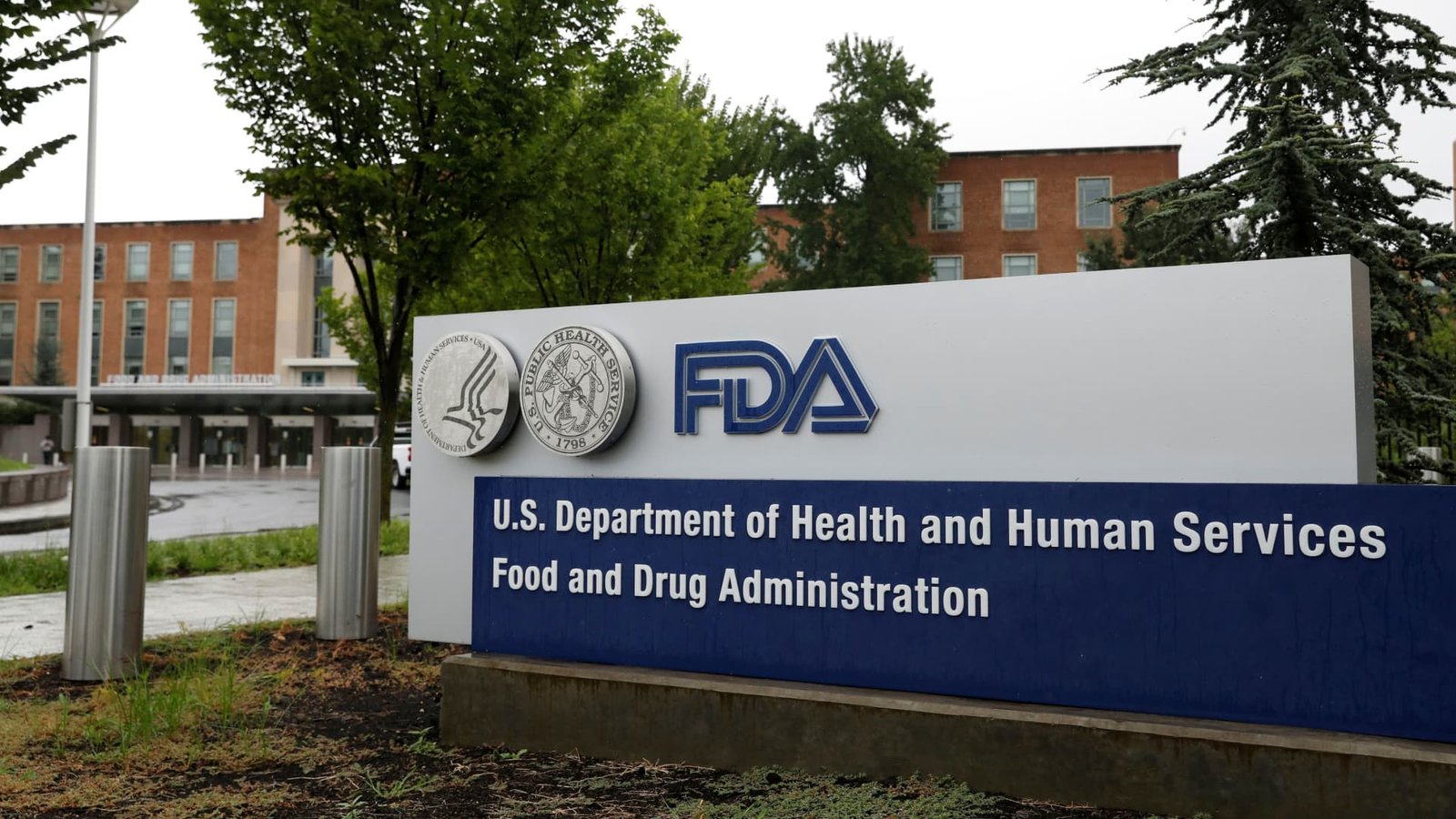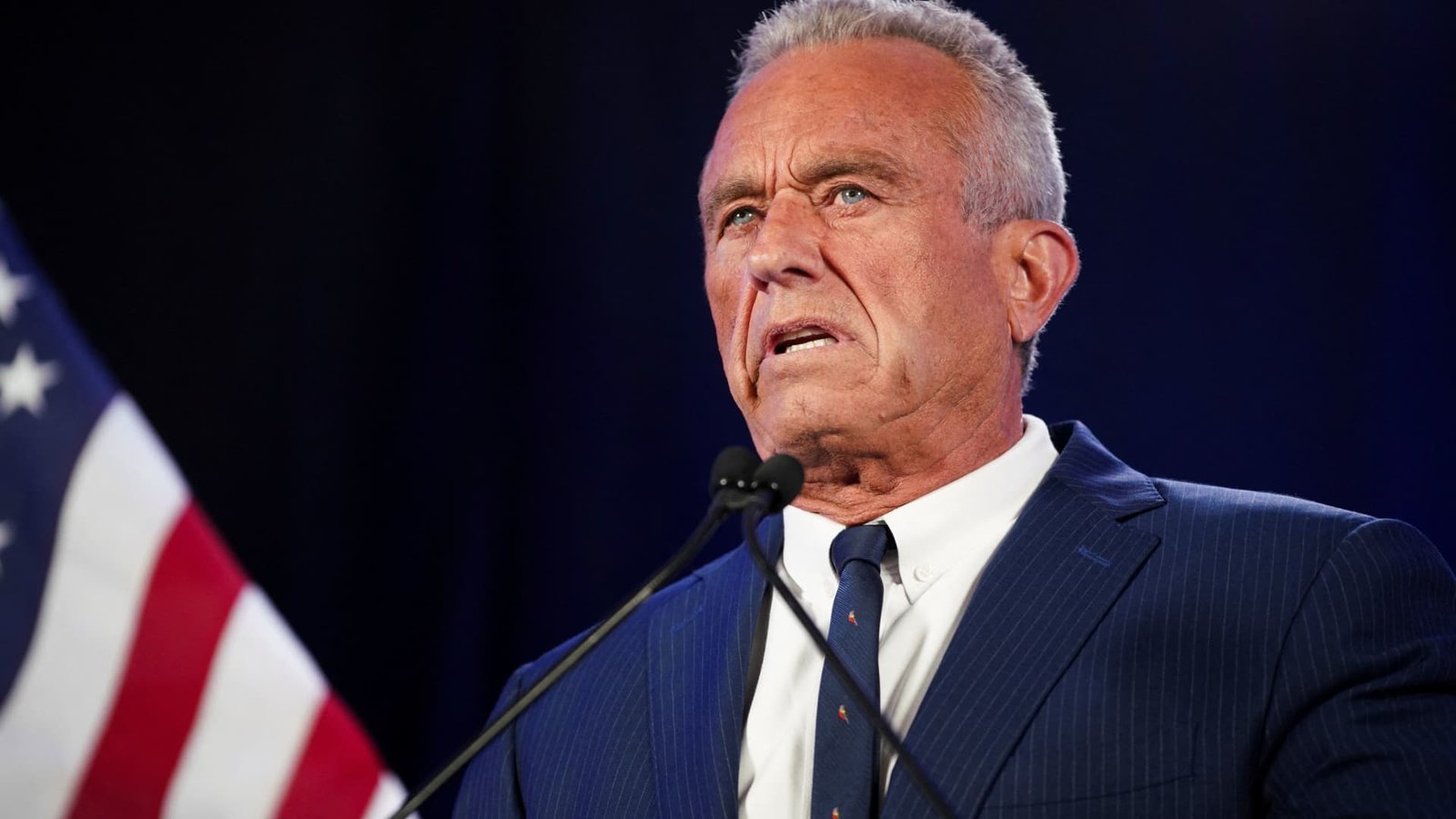In this article
A version of this article first appeared in CNBC’s Healthy Returns newsletter, which brings the latest health-care news straight to your inbox. Subscribe here to receive future editions.
Good afternoon from San Francisco! This week, Ashley and I are attending the annual JPMorgan Health Care Conference – the largest gathering of biotech and pharma execs, investors and analysts in the U.S.
The conference is a pulse for what to expect from the health-care industry in 2025. Executives from companies large and small highlighted their key business and drug pipeline updates, but also weighed in on the Trump administration’s potential impact on the sector and the outlook for the M&A and IPO markets.
Notably, the conference appears to have beefed up security around the main venue – the Westin St. Francis Hotel – this year in light of the killing of Brian Thompson, the CEO of UnitedHealth Group’s insurance arm, in New York City in December. Cluster of cops appear to be stationed in the area surrounding the hotel and metal barriers line the entrances of the venue, which are flanked by several private security guards checking badges of attendees.
Meanwhile, a group of protesters waited outside the venue, clutching signs that slam the insurance industry, which has faced an eruption of pent-up anger and frustration from the public since the killing.
As usual, the conference kicked off with a few deals, including one of the largest deals we’ve seen since late 2023.
Here’s a quick recap of what I’ve seen in the biotech and pharma space so far:
Feel free to send any tips, suggestions, story ideas and data to Annika at annikakim.constantino@nbcuni.com.
Hello from San Francisco! I’m reporting on the ground at the JPMorgan Health Care Conference where it’s a balmy 50 degrees, a welcome change for this New Yorker.
There’s already been a blitz of announcements here. Perhaps unsurprisingly, artificial intelligence and the blockbuster weight loss drugs known as GLP-1s are the talk of the town.
Here’s everything you need to know so far:
It’s only Tuesday, which means there’s still more to come. Be sure to keep up with our coverage throughout the week!
Feel free to send any tips, suggestions, story ideas and data to Ashley at ashley.capoot@nbcuni.com.
The boom in GLP-1 demand is boosting employer-oriented diabetes and nutrition counseling businesses like Virta Health and Omada Health. Large employers are increasingly requiring workers who start high-cost diabetes and weight loss drugs to sign up for programs which help them learn how to maintain their weight loss once they stop using GLP-1s.
One trend to watch: when they utilize nutrition programs, sometimes employers get lower rebates on the treatments from pharmacy benefit managers and manufacturers, according to the Purchaser Business Group on Health.
Feel free to send any tips, suggestions, story ideas and data to Bertha at bertha.coombs@nbcuni.com.




